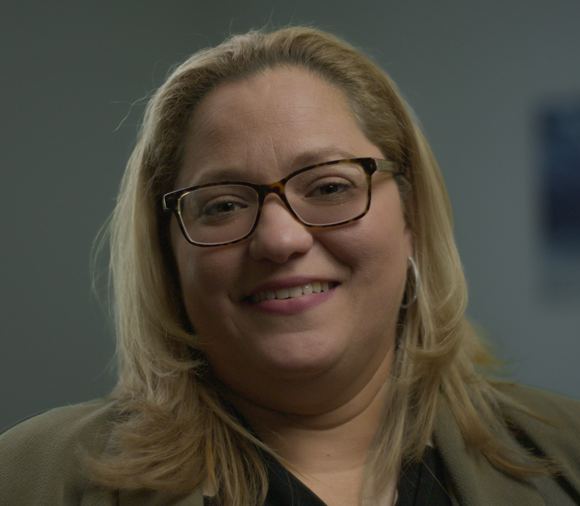“The challenge around decarbonising the aviation industry is really the physics of flying. It's one of the most energy intensive things that we do.” - Paul Ticehurst, Senior Business Development Manager
While battery technology is too heavy for long-haul flights and hydrogen infrastructure is still being developed, sustainable aviation fuel offers the solution to decarbonising aviation.
Produced from sustainable feedstocks such a biomass or household waste otherwise destined for landfill, SAF contributes typically 70% less carbon dioxide compared to conventional aviation fuel. And as a liquid hydrocarbon fuel, SAF refuelling requires minimal changes to airport infrastructure – it's a similar fuel, used in the same way.
Johnson Matthey technology is being used in pioneering projects across the globe to transform sustainable feedstocks into SAF. Along with international energy company bp, we’re enabling the world’s first commercial-scale plant to use household rubbish as a feedstock for the production of synthetic crude oil.
“The Fulcrum Sierra project takes waste material that would normally end up in landfill and turns it into syngas. This is then passed through Jm and bp's FT CANSTM technology to create a mixture of long-chain hydrocarbons or waxes, and that's then processed into sustainable aviation fuel." - Emma Gledhill, Principal Researcher



